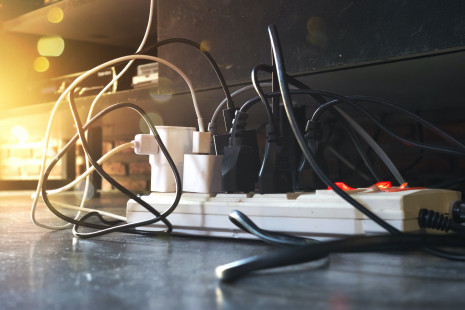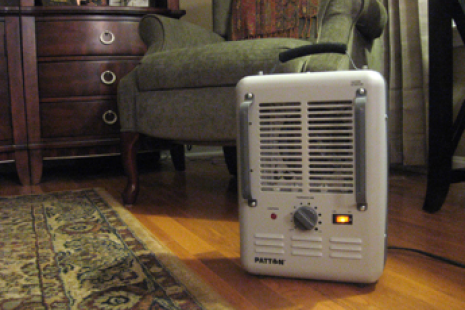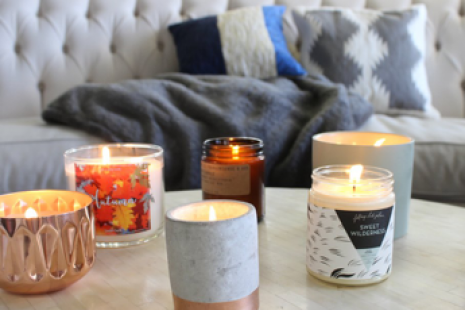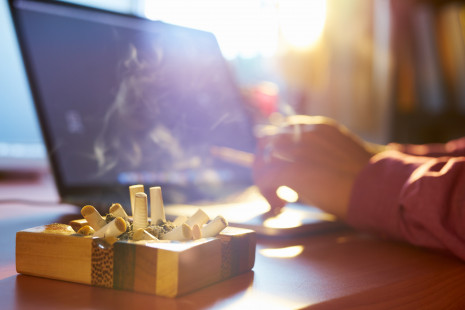Fire safety at home
Most fires in the home start accidentally. Taking some time to understand why fires start in the first place and what you can do to prevent them will help keep you, other people and your property safe.
Cooking
Two-fifths of home fires are started by cooking accidents. Stay safe by:
- not cooking if you have been drinking a lot of alcohol
- not leaving children in the kitchen alone when cooking and keeping matches and saucepan handles out of reach
- making sure saucepan handles don’t stick out so they don’t get knocked off the stove
- keeping loose clothing, tea towels and cloths away from flames – they can catch fire easily
- check toasters are clean and placed away from curtains and kitchen rolls
- keeping the oven, hob and grill clean and in good working order – a build up of fat and grease can start a fire
- taking care when cooking with hot oil – it sets alight easily
- making sure food is dry before putting it in hot oil so it doesn’t splash
- turning off the heat if oil starts to smoke – it’s too hot – and leaving it to cool
What to do if a pan catches fire
- do not take any risks - turn off the heat if it is safe to do so
- never throw water on it
- never tackle the fire yourself – get out, stay out and call 999
Electrics
Faulty electrics (appliances, wiring and overloaded sockets) cause around 3,700 fires in the home across the country every year.
Stay safe by:
- trying to keep to one plug per socket - if you are using an extension lead or adapter check how many amps it can take and be careful not to overload them
- keeping electrical appliances clean and in good working order to prevent them triggering a fire.
- looking out for signs of dangerous or loose wiring such as scorch marks, hot plugs and sockets, flickering lights, fuses that blow or circuit-breakers that trip for no obvious reasons
- checking and replacing any old cables and leads, especially if they are hidden from view such as behind furniture or under carpets or mats
- keeping electrics, including leads and appliances away from water – they make a lethal combination
Heaters and electric blankets
Every day, about 2 fires are started by heaters. Stay safe by:
- securing heaters against a wall to stop them falling over, if possible
- keeping heaters away from curtains and furniture
- never using heaters to dry clothes
- making sure heaters are kept at least a metre away from materials that could easily catch fire, such as paper or curtains
- regularly inspecting your heater for damage – if it is damaged, don’t use it
You can stop electric blankets from causing a fire by:
- storing electric blankets flat, rolled up or loosely folded to prevent damaging the internal wiring
- unplugging blankets before you get into bed, unless it says it is safe to use all night
- not buying second hand blankets and checking regularly for damage
- always following the manufacturer’s instruction
Candles
Every day, about 2 accidental fires are started by candles. Stay safe by:
- never leaving lit candles unattended - put them out completely when you leave the room and at night
- making sure candles are secured in a proper holder and away from materials that may catch fire – like curtains
- not burning several candles close together
Cigarettes
Every seven days someone dies from a fire caused by a cigarette. Stay safe by:
- stubbing cigarettes out properly and throwing them away carefully - put it out, right out.
- never smoking in bed or anywhere you might fall asleep, such as in a comfortable chair.
- making sure your ashtray can’t tip over and is made of a material that won’t burn
- never throwing hot ashes into a bin as they can easily start a fire
- not leaving lit cigarettes, cigars or pipes lying around - they can easily fall over and start a fire
- keeping matches and lighters out of children’s reach




